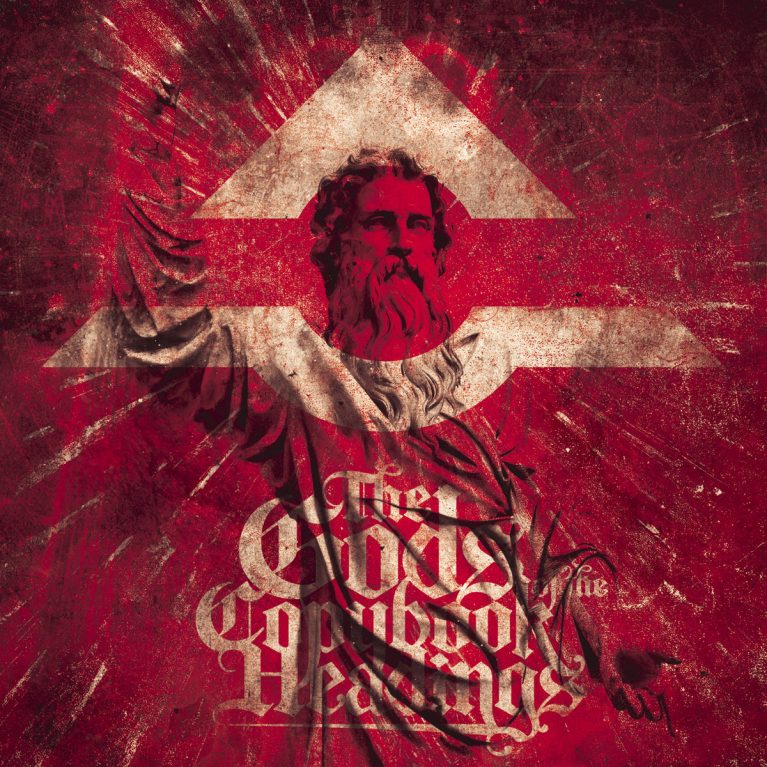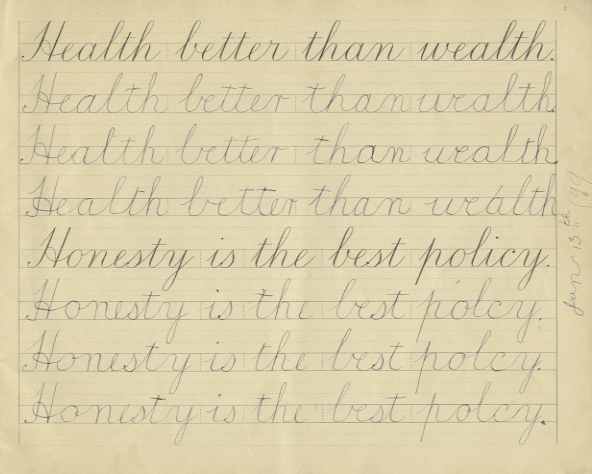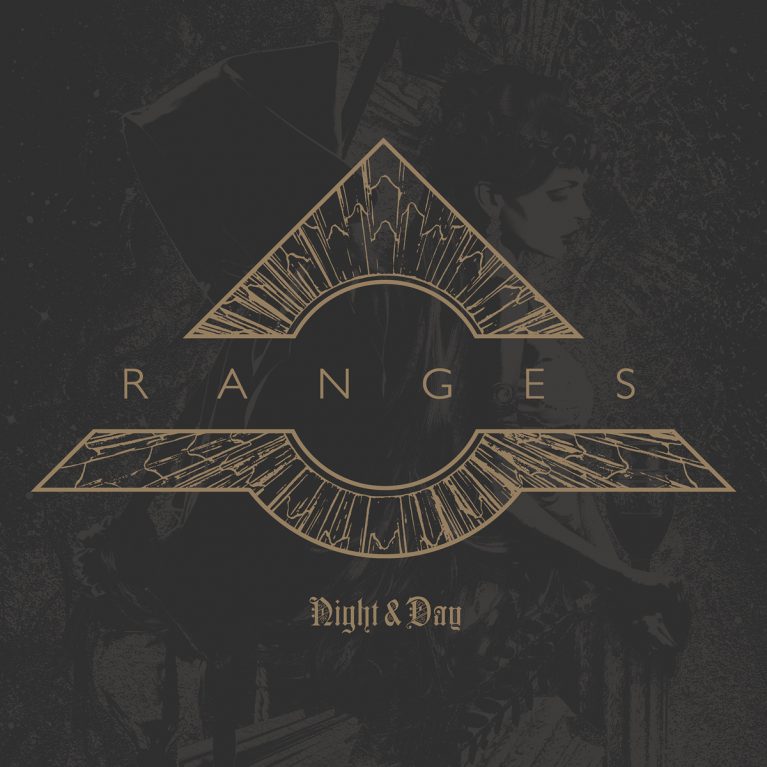Montana post-rockers Ranges have really come to prominence since the release of their last album, The Ascensionist, which saw them touring across The USA and Europe, playing some of the biggest festivals within the scene, and selling out of multiple pressings of the record. Their success has also led to the growth of A Thousand Arms, a screen-printing business which evolved into a distro-come-record-label owned and run by Ranges guitarist CJ Blessum and art director Wilson Raska.
I was privileged enough to be a part of many of the aforementioned adventures, joining the band as they toured across their homeland and Europe (which you can read about in the tour diaries I wrote here on Will Not Fade). Both tours were incredible periods of my life that I’ll be forever thankful for. I kept in touch with the band as they recorded their ninth studio offering Babel in El Paso, Texas, excited to see what the next stage of their career had in store.
Here is an interview with each member of the band discussing some of the songs that influenced them when writing Babel, as well as their reflections on the past few years, and hopes for the future.
You can listen to all of the influential songs on this Spotify playlist, or alternatively I’ve embedded video clips of each song further down, with comments from the respective musician on why they picked those songs.

CJ playing guitar for Ranges in Lyon. Image: Will Not Fade
CJ Blessum – guitarist
Will Not Fade: CJ, Ranges was your project for the longest time, and I feel that it only became realised as true band in recent years. How has songwriting changed over the past few releases? Do you still write most of it, or has it become a more collaborative process?
CJ: It definitely feels like we came into our own in the past couple of years. I would say The Ascensionist was in a lot of ways our debut album, partly because it was the first album with the current lineup, but mostly because I think we started to finally find our sound and weren’t really searching for it as we had on previous releases. A lot of this was do to Joey taking a much larger role in writing songs which alleviated a lot of that from me. With Babel, Joey took over a massive amount of the initial songwriting which really allowed me to add more texture and melody to songs as opposed to sticking to the rhythm chord progression our songs typically start out as. If you watch through the behind the scenes footage of the Babel writing process you will see everyone contributing their ideas which really shows how collaborative it was.
I know that the concept of Babel was planned long before The Ascensionist was even released, as evidenced by the Babel t-shirts you sold on that tour. When did you begin writing the music?
We had started trying to write for Babel right when we got back from our 2017 Fall tour out to dunk!USA. Nothing we came up with then stuck and it wasn’t until we returned from Europe in May 2018 that we started to realize how Babel was going to come together. “Revelation”, the last song on Babel, is actually the first song we started to write when we got home and were riding the high from playing dunk!festival. We all experienced the same phenomenon on the dunk!stage and were so stoked to try to capture that in song form. We only ended up using the tail end of that idea which actually ended up being the entirety of Revelation and then we fell into this funk where everything we wrote just wasn’t fitting the overall vibe we wanted Babel to have. I think we scrapped close to six songs over the next few months before things started to click.
Does it make it easier or harder writing instrumental music to fit a concept?
Way harder in my opinion, but starting with the concept is how we’ve always done it and I can’t imagine doing it any other way. We really discovered with Babel that each of us had our own idea of what this concept sounded like and the result of this was a lot of heated arguments and frustrations about scrapping certain songs or ideas. For me this made the whole process that much more important because we were experiencing our own confusion of tongues in trying to articulate how we wanted to construct the record. But in the end I think we are all really happy with how the record turned out and the journey of the writing process is one I’m really proud of.
I notice that a few artists you’ve mentioned as influences played dunk!USA. Did these artists come more to the forefront of what you were listening to as a result of seeing play the fest?
I think there’s definitely some truth to that. However, dunk!USA was such a whirlwind for me. We played Brooklyn the night before and then drove all the way up to Burlington through the night since I needed to be there early to help with the festival organization. It was really my first time working on a festival/show of that magnitude and I felt a lot of responsibility and pressure to try to make it successful which I think sort of clouded my ability to appreciate it the way I really wanted to. That said, Junius and Emma Ruth both killed it and they both moved into my listening rotation a lot more because of it.
You actually wrote about Pianos Become The Teeth years ago during your stint as a WNF contributor. Were you trying to come up with some throwback vibes?
I’m a creature of habit when it comes to listening to music. I listen to ‘Keep You’ by PBTT and ‘Full Collapse’ by Thursday regularly. Those are just two albums that I connected with at a really deep level and I’m just unable to replace them with anything more current. If an entire album front to back doesn’t resonate with me, I tend not to return to it.
You used to work building guitars for Gibson before founding A Thousand Arms. Do you feel this helped you gain insight into aspects of guitar tone?
Man, it’d be pretty great if I could say yes but unfortunately, no. The only thing I gained insight into by working for Gibson is that not working for Gibson and running my own business is way cooler.
Some of my favourite Ranges tracks make great use of spoken word samples. This was used very effectively as an intro to your live set throughout your past few tours, and having heard it, I feel the album is missing something because the sample isn’t there. Do you have additional layers that you’ll add the Babel material in a live setting?
I’m a sucker for the spoken word stuff but it has to work just right. With The Ascensionist we found the perfect sample of a poem about climbing a mountain and it just fit the vibe we were looking for. Babel seems to be a bit heavier of a concept that I’m not sure we’d be able to find the right sample to work.
Speaking of which, do you want to share what the sample is at the start of this new record?
You already know the answer. It’s up to the listener to decide. The only clue is that it’s spoken in Old Dutch.
CJ’s influential songs
Emma Ruth Rundle – Protection
The rolling baritone guitar sound on this song was the reason I wanted to invest in a baritone guitar and try to work it into the album. I ended up playing a decent amount of baritone on the album but it’s tucked in nicely with the bass where you can’t really tell it’s a baritone. There is one song where the obvious rolling baritone sound is prominent and I’m really happy with how that particular song turned out.
Junius – The Queen’s Constellation
I love the haunting dark vibe this whole record has. Plus, the lyrical content of this record is just so intriguing and gives a whole new dimension to the band. I also love all the synths and pads they used to layer the song up. We used a lot of layers and synths on Babel and I’m really happy with how it added a lot of depth to the songs.
You mention the lyrics of the Junius track being an influence, despite Ranges being an instrumental band. Do you ever see Ranges adding vocals to their music?
It’s always an option. I heard a couple of spots on Babel that some vocals could have worked but I was never confident enough in the idea to actually propose it. Honestly, what Caspian did on Dust and Disquiet was perfection when it comes to a mostly instrumental band adding vocals. But they did it, and I feel like trying to mimic that would be too obvious. Thankfully, the way Joey plays guitar really fills in any spot where vocals could work. His style is pretty unique in my opinion so it’ll probably be awhile before vocals find their way in.

Junius at dunk!USA 2017. Image: Will Not Fade
I remember during the tour leading up to dunk!USA you had your own lighting rig that really helped set you apart from other bands you played alongside. At the fest there was a tension between using your own unique lighting set up, or taking advantage of the incredible lighting that the festival had on offer. Junius played the same stage later on, using only sparse Edison lightbulbs and it was super effective and gloomy. Did you take anything away from this when approaching your live visuals?
Our own lights have been a really important part of our set in my mind and I’m continually thinking and over-thinking the right way to put it all together to add another level of intrigue to our live show. We’ve always played live to a click which opened up the opportunity to dial in an automated light show that accents the live show perfectly. At dunk!USA we opted to use the house lights which put a lot of trust in the lighting technician to execute an effective show to music he/she had never heard. Unfortunately, the result, in my mind, didn’t seem as effective as it may have been with our own light show. All in all it was a learning experience and now going forward I’ve tried to design our light shows in a way that can work with the house lights so that both can accentuate the other and hopefully result in a really dynamic show.
O’Brother – Slow Sin
One of my favorite opening tracks. I love how it sets the tone for the album right out of the gate. I’ve always thought that setting the tone out of the gate is vital to an album. We reworked and reworked the opening song of Babel but the main concept and vibe stuck through all the revisions and hopefully it is worthy of being the introduction to the concept of the album as well as the music.
Pianos Become The Teeth – 895
The middle section of this song where the guitars are tremolo strumming the clean rhythm chords along with the snare roll is so awesome. With Babel I tried to mimic the idea of tremolo picking full chord formations as opposed to single notes to add more fullness on the rhythm side. I’ve always appreciated how Pianos Become The Teeth use the tremolo picking on more open chords instead of sticking to the standard strumming patterns.
Thursday – Paris In Flames
Thursday was one of the biggest influences when I first picked up a guitar and started to write my own music. Babel is the first time Ranges has written songs in a similar key to those Thursday wrote for Full Collapse. It was a lot of fun to be able to revisit a lot of old chord formations that Thursday uses but apply them in a manner that still sounds like Ranges.
Does this mean that we may see some older material emerge for the upcoming tour? I like the spoken word section too. Is that where your interest in spoken word samples emerged from?
Not necessarily. I think we are all too excited about playing the new material that substituting in older songs doesn’t seem interesting or beneficial at this time.

Joey playing guitar for Ranges in Ypsilanti. Image: Will Not Fade
Joey Caldwell – Guitar
Will Not Fade: I attribute lots of the great melodies from The Ascensionist to you. Touring across the USA and Europe gave us exposure to so many other amazing bands that you’ve shared the bill with. Many of the standout bands had memorable melodies and great energy. I remember us discussing how great instrumental music needs at least one of those elements, or else it’s pretty forgettable.
Joey: Thanks! For me personally, I think a memorable melody is what sticks out to me in most songs. I am definitely influenced by a lot of the bands we’ve played with and I think that most of them have very melodic attributes.
You work as a marketing promoter at The Rialto. What are some things you’ve learned from working the other side of the business – booking bands rather than playing yourself.
Yes, I currently do show marketing at the Rialto in Bozeman. I’ve learned that the side of the business that isn’t playing music is too much business for me. It’s definitely interesting seeing things from that perspective and working with huge bands. I’ve learned a lot about booking, show marketing, and venue operation. It’s also been cool meeting a variety of different performers and the people working with them.
I remember you sharing that you think of your daughter as you play. Did you find other muses to think of when writing the new material.
I find inspiration in all sorts of things. While writing new songs it was all about blending some hopefulness with some melancholy. I started demoing songs for Babel around the time we got back from our second to last US tour. I would say this record was actually one of the most difficult in terms of finding the sound and the direction that we wanted to go. There is a hard drive full of demos that all had a ton of potential, some of which made it on the record. However, I think writing this record was more of a natural process for me as I was coming up with song ideas. There wasn’t anything in specific that was motivating me to write a certain way.
It was super cool to see your wife and daughter again in Europe when they came to Belgium to watch you play dunk!festival. Is is hard to juggle commitments between being in the band and being a family man?
No. Thankfully my wife and daughter understand that I need to be creating and performing. We’re also not on the road very often, so it’s never been difficult. I do miss them while we are gone, but they are very supportive. I’d say it’s more difficult having a full time job and trying to make that work while being gone.

Joey’s family watching him play during Ranges’ set at dunk!fest in Belgium 2018. Image: Will Not Fade
Do you think that the tones you produce in the studio, you should be able to replicate faithfully in a live setting?
Most definitely. Everything we used to record the new album with is what we use in our live setups, minus a few things here and there. Chris Common was great to work with because he is pretty meticulous about getting a great foundation of different tones and building off of them. For the most part everything you hear on the record is what we’re using live.
Joey’s influencial songs
Holy Fawn – Seer
This song is super haunting and dreamy sounding. It builds perfectly and the ending is massive. Their album Death Spells is one of my favorite records that has come out recently. The whole album from front to back is absolutely incredible.
Caspian – Castles High, Marble Bright
In my opinion this is one of the best “post-rock” songs ever written. It is full of beautiful melody and is incredibly uplifting. It makes me feel like everything might be okay, when in actuality everything is falling apart. We need songs like this.
Torche – Solitary Traveler
I love how you can feel this song in your guts. The drums are gigantic and the simplicity of the structure is awesome.
Jesu – Losing Streak
This song is the perfect blend of gloom and hope combined. The vocal melody is crushing and gives me chills every time I listen.
Slowdive – Slomo
This song is the perfect start to their newest record. I first heard it while driving through the desert and I loved how it complimented that landscape and that moment in time.

Jared playing bass for Ranges at dunk!USA 2017. Image: Will Not Fade
Jared Gabriel – Bass
Will Not Fade: Jared, you’ve more than proven yourself by this point. Thinking back to when you first joined Ranges, did you feel pressure to play like the previous bass players had, or did you have free reign to inject your own style.
Jared: They made it clear they wanted something fresh and new. I was able to inject what i do and how i think about music pretty seamlessly. We have been making music together off and on for a long time so the transition felt natural and was very exciting.
This list of influences you’ve listed is exactly what I expected from you. I think it is more than evident when you play live that you believe in putting plenty of energy into your playing
Yeah thank you. To me it is all about texture and intensity. That Nine Inch Nails track for example is dense. When i first heard it i was blown the fuck away. The songs had gravity and anger i had never heard before. it still gives me goosebumps. “Wish” kind of represented what was possible to do with music and sound and while the lyrics were important to that song, what i wanted to take from it was the textures and the density of the sounds.
A few of these bands you’ve listed have unclean vocals that add a layer of intensity to the sound. How do you try and replicate that feel without a singer?
That is a tough question. I try and compartmentalize things as much as i can but there is always some bleed no matter how i try and separate them. I try and perform our songs as earnest as i can. Keep things natural and honest. It is tough for me however to not think of the literal act of performing while on stage and connecting that to our subject matter. I grew up on hardcore, which was stripped down bare earnest, but i was also a fan of Bowie who had a more performative aspect to his stage show. Both were sincere and i guess i want us to be somewhere in the middle.
I know that you’ve experimented with creating records using ceramics. In your opinion, is there an ideal way to consume music? Live, vinyl, streaming etc…
Hahaha. Yeah i made that piece. That was more of a tongue in cheek exploration of why our generation has a new founded obsession in that particular analogue medium. For me none is better or worse than the other. They all have their place of convenience. I collect records for a lot of reasons but nostalgia plays a huge role in my dedication to vinyl.
[Here’s a link to a video with Jared’s ceramic record experiment (watch from 1.35mins). Jared also has his own website showcasing his ceramic work at http://www.jaredgabriel.com]
Jared’s influences
Reasoning: These songs (representing the albums they are on) are turning points for all these bands in my opinion. There is a visceral energy and texture to the recordings that influenced how I wanted Babel to feel.
Cave In – Screaming In Your Sleep
Deftones – Knife Prty
Russian Circles – Geneva
Nine Inch Nails – Wish
Converge – Plagues

Mark playing drums for Ranges in Lyon 2018. Image: Will Not Fade
Mark Levy – Drums
Will Not Fade: Mark, you have a background in the NYHC/punk scene, playing in bands like Skarhead, Leftöver Crack and Stanley. The thrashier section from Babylon on the last record had you written all over it. Do you feel you still draw from your roots when you’re writing your parts?
Mark: Yes.
I saw David Byrne from Talking Heads play in Wellington last year and the show was among the best I’ve ever seen. I’ve also caught Living Colour twice in recent years and again, very impressive. Did you ever feel that you were at the epicentre of something important, coming up in the CBGB’s scene? Or was it just run-of-the-mill local music?
Talking Heads were gone from CB’s before I ever went there. That would have been great to see them there. Being from NY, I always felt energy like I’m in the center of the world.
I know you have been getting into a lot of Joey’s music recently, stuff like Slowdive, Turnstile and Drab Majesty – bands that make an obvious nod back to styles from decades ago. I’m surprised that those bands didn’t get a mention in your list of influeces for this record.
Joey has been getting into a lot of my music lately. I’ve been a fan of Slowdive since 91. Found Drab Majesty on Cult Nation in 2016. I forget where I found Turnstile but they are awesome regardless. My picks were all based on drumming styles and approach to song structure. If I were contributing more melodic ideas, those bands mentioned would be an influence.
I remember being surprised about the triggered drumtrack from the Roland when I first heard The Ascensionist. How have you continued to explore and utilise the possibilities afforded from the Roland trigger pad on this record? It sounds like the track “Idolator” has a programmed drum track along the lines of “Called not to religion…”
No Roland this time. I threw some ideas at Joey and he programmed them on Abelton. “Idolator” was all him.
You build your own snare drums, but I know you tried a variety in the recording studio in El Paso. Is it a case of trying to match the drum tone to the feel of each song, or do you just try and capture something that records well?
I’ll work closely with any engineer to get the best sound first. They know the room and what mics are best. Tweaks for specific tracks come later if necessary.
You decided to play more creatively after one critic called your drumming “too safe” on Gods of the Copybook Headings. What do you feel is more important: showing off your ability and coming across as innovative, or playing beats that are simple and do the song justice.
That critic was right. I played too safe and I knew it. I think that looking good naked is the most important thing.
You’ve been keen to play in Japan for a long time, having heard from friends in other bands who have done so. Do you think this album will take you touring new places you haven’t visited before?
Many of my friends have toured Japan. They all love it. I do think this record will get us to new places. Maybe even Wellington.
I know that you’ve been burned before when one of your bands signed to a record label and it backfired. Obviously it’s a bit different when members of your band own A Thousand Arms, but how do you feel about signing to four different labels worldwide for this album?
Things are different now. Back in the day, a bad contract would end a band. These deals are a little bit looser. It’s more about distribution.
You’ve done some cool collaborations with your wife and her dance company over the past few years, with Ranges performing while ballerinas dance to your music. I remember you were gearing up for it when I last saw you in Montana. I’m glad that I got to see footage on the DVD. How did it feel, letting a marriage of artistic talents come forth within your actual marriage?
It felt great.
Mark’s influences
Mark: I wasn’t contibuting to the melody when writing Babel, so I’ve listed songs purely for their drumming. I picked songs that were tasty… you know? Drumming with spice, that makes the music tasty!
Gojira – Liquid Fire
Gojira are great! Give them a listen. The drummer is interesting, does things you don’t expect.
Mammal Hands – Boreal Forest
Will Not Fade: I gotta say, I’m surprised by this jazzy song. The sax is awesome, and it builds in intensity nicely, but still not something I expected.
Expect the unexpected.
The Cure – Shiver And Shake
The Cure has often had very mechanical sounding drummers. I wouldn’t call your drumming rigid. What strikes you as inspirational about this track?
Boris Williams is butter. Listen again. Also, dat bass. And guitar. The Cure rule.
Butter?
Butter is good. Butter is smooth. Butter is tasty.
My own band has been covering “The Forest” by The Cure recently.
That’s great! I wanna hear it! I feel that song “Shiver and Shake” has a special sonic quality I was going for.
The drumming has sort of extended fills. I love The Cure and wanted Joey to write melodies along those lines.
I guess they were pretty groundbreaking with a lot of tones, guitar pedals, studio production techniques and so on…
Yellowjackets – Madrugada
Another jazz number?
Will Kennedy is butter.
Peter Gabriel – That Voice Again
Yes! I love Peter Gabriel! Such a weird, yet amazing musician. I’ve got a few of his records, and So gets spun quite frequently at my place. I love how for all his quirkiness, he’s accepted as a mainstream pop singer, but he started out in a prog band.
Yes! I’m so glad you get it! Peter is cool and all but why aren’t we talking about Manu Katche? His drumming makes the track. That prog band is Genesis and they are awesome.

Ranges. Image: L U X I N V I C T U S
Talking to Ranges about recording Babel and plans for the future
Will Not Fade: Everyone, what is the biggest thing that you’ve learned when touring The Ascensionist that you decided to apply when writing this album?
CJ: Playing songs that have energy are way more fun to play live. I think that was something we all considered when writing and the set list for our Fall tour out to Post. Festival definitely shows that.
Jared: I really wanted to be bigger. Bigger in our song writing decisions and our sound and presence live.
Joey: For me it was finding a way for all of us to be at least 95% happy with every song on the record. I think a live show struggles if there are tunes that everyone isn’t completely into.
Mark: Bigger, better and stronger.
In the past CJ has been in charge of most of the recording and mastering in his studio. What prompted the decision to record in Texas?
CJ: I was tired of having the pressure of worrying about every little nuance of the recording. It’s a ton of work to write a record and then to track it and mix it you’re just piling so much more on top. The plus side is that recording was free but I think we realized as a band that we were ready to financially invest in the next record and, for me, exchanging that investment for the ability to just be a guitar player and not the engineer was life changing and I can’t imagine recording a Ranges full length myself ever again.
Jared: I think we all wanted to take the pressure off CJ and allow him to really have fun in the studio. It was also that we wanted to push our sound and comfort zone and working somewhere else with someone else was a perfect way to achieve that.
Joey: It was important for me that CJ was able to get away from focusing so much on engineering. I can’t speak for CJ, but I think him being able to focus solely on playing guitar was really helpful. It’s pretty challenging going from writing to recording as just a guitar player, so I can’t imagine how difficult it would be to have to engineer and mix an album as well. Also, having the perspective and input from a third party was awesome. Chris has engineered and mixed some really incredible albums and we just hit it off immediately. We had a few other studios and engineers that we were talking to, but at the end of the day Chris was the best fit. It was great to escape the real world for two weeks and only focus on the album. El Paso is an amazing city and it was a great setting for us to be in while recording.
Mark: Let CJ concentrate on playing on the record, Chris Common and tacos.
I know that you all feel that recording in El Paso was a great success.
CJ: El Paso was great. It was the first time we had the opportunity to take two straight weeks to focus solely on recording. No interruptions with work or normal life just pure focus for 8+ hours a day. That said, the process was very taxing but the ability to completely pour ourselves into the record was well worth it.
I guess you’ve had a sample of writing and recording away from home, when you did the And The People Cried Out For A King 7”.
CJ: Yeah, sort of. We did the 7” in a cabin just outside of Bozeman but dragged all our own recording gear up there to accomplish it and I still engineered and mixed the whole thing. The process was all the same as we were used to, we were just in a slightly different environment. It seems like ages ago that we were working on that 7” and while I still feel like those songs are relevant I feel like a lot about our band dynamic has changed since then.
The Ascensionist sold out on vinyl almost instantly when it first dropped, and your set from dunk! festival in Belgium was chosen and pressed.
CJ: Honestly, the success of The Ascensionist was pretty shocking to me. I’ve always said my barometer for success was to put out a record on vinyl and have it sell out quickly and while the vinyl runs were small for The Ascensionist I sort of achieved that goal. The fun part is now I feel the pressure of trying to put out a new album that supersedes the previous release.
Another shocker was when dunk!festival approached us to release our live set from dunk!festival 2018 on vinyl. I was actually surprised they wanted Ranges to play in the first place but I think that gave us that feeling of responsibility to get up on the dunk!stage and deliver a memorable set. You never know when it’s going to be your last chance to make an impression so I know each of us left it all out on the stage that night. I guess we must have done alright since they asked if we’d be into getting our performance pressed to vinyl.
Where to from here?
CJ: Just keep grinding and working on building this into whatever it needs to be built into. I can’t imagine doing anything else with my time.
Jared: lol who knows? Wherever the journey takes us i suppose.
Joey: Just hoping to reach as many people as possible with the new album. I’m very excited to see what happens.
Mark: Hollywood.
Many of your past works were self-released. Does it change things having dunk!records backing you?
CJ: dunk!records is seriously the best. Wout [Lievens, from dunk!records] and I are similar on so many levels and any idea or request I throw his way is met with optimism and excitement about the possibilities. We are really trying to go all out with the physical package of Babel and Wout has been into the idea of all of it. I appreciate his willingness to trust what we are doing and, because of that, I feel a responsibility to make sure everything we put out is as perfect as it can be.
Jared: I don’t think anything changed we are more than capable of putting the pressure on ourselves.
And in the same sense, is anything different now that A Thousand Arms is a record label?
CJ: Not really, only that I feel like I can actually say A Thousand Arms is legitimately a record label. We’ve always released our own albums under the A Thousand Arms name but really only in the past couple of years have we started releasing records for other bands both domestic and international. Seems like that’s what an actual record label should do. We take a lot of influence from Converge and what they did and are still doing with Deathwish Inc. and hope to find a way to achieve similar success to what those two entities have done. DIY is one thing, but actually doing it yourself and building something that matters to a whole lot of people is another thing. At the core of it all, we just love to create stuff and to help other people create their stuff. Seeing others succeed and grow is seriously the best. High tide raises all ships and the post-rock scene is full of awesome tide and great ships.
I’m pretty excited to see that Bird’s Robe and Le Rock Psicophonique are also coming onboard. The most frustrating thing about wanting to order records and merch from bands around the world is the postage always costs considerably more than the actual product. Signing to international labels will help to alleviate this. Do you think it may also help with setting things up to tour new places?
CJ: That is definitely the goal. Getting involved with dunk!records right after we released The Gods of the Copybook Headings was vital in paving the way for a successful European tour two years later. It takes a lot of time investment to cultivate the proper relationships and earn the trust of labels and distros from other parts of the world but its all necessary. You can’t expect to go to a new part of the world and expect immediate success without laying the necessary foundation. I’ve been in communication with Bird’s Robe and LeRock for awhile now trying to figure out the best way to work together in a fashion that is mutually beneficial. Running our own record label has given us a lot of insight into the financial investments and time investments that are required to find success with a release. Understanding that has made it a bit easier to reach out to other labels and build agreements that have an acceptable amount of risk and reward for everyone involved. At the end of the day, every release carries a bit of risk and I am eternally grateful to Bird’s Robe and LeRock for jumping on this release and giving us a chance in their territories.
You have an upcoming tour that coincides with playing post.festival.
CJ: We do and we are excited to be a part of Post. Festival. They are doing a great job filling in the void when it comes to post-rock festivals in America. A Thousand Arms has partnered up with them to provide artwork and merchandise production but they’ve totally handled the booking and organizing aspects of the festival and have been knocking it out of the park. Last year’s lineup was really solid and this year’s is incredible. We are honored to be playing it and look forward to having a couple of days to hang out with a ton of great people.
It sounds like your lead single “Avarice” has piano in it.
CJ: Indeed. Really a lot of our releases since the beginning have had piano. This was always an instrument I enjoyed adding to the mix but since Joey joined the band he has sort of taken over that responsibility. He puts a ton of work into adding piano melodies that work with his guitar melodies as well as adding layers of textures and pads. Some of these ended up getting mixed out but a lot remain and give the music a lot of depth and girth.
The Ascensionist features “Babylon”, and Babel features “Babylon Part III”. When I first noticed this I was confused. But then I noticed that Part II was available through secret means (I hope I’m not giving too much away). During the writing process, how did you factor in writing for the cryptic other material, and Easter eggs etc…?
CJ: I can neither confirm nor deny the existence of any of this. As for the cryptic material, I can assure you that we spend more than enough time discussing endless possibilities and ways to connect this thing to that thing. That said, every single thing matters.
You’ve formed close knit friendships with other bands you’ve toured with, including Man Mountain, Tides of Man and Astodan. Would you want to tour with the same bands again, or with new acts so you can reach new fans? (I’m totally calling a team up with Pillars!)
CJ: We’ve discussed this rather indepthly and we all agree that the bonds created while on the road are really one of the main reasons we like to tour. There’s just something about driving an insane amount of miles to each day to meet up with the same band from the night before to do the same thing all over again and then go eat together someplace different after the show. All the bands we’ve toured with share the same passion for the process of being in a band and it just makes it that much more enjoyable. And yes, we would absolutely tour with Man Mountain, Tides of Man, and Astodan again. Those guys are all amazing people and we shared a lot of good memories together. Wilson and I hung out with the Pillars guys in Belgium at dunk!festival this year and they are equally great people who share a common mindset with us. So, a Pillars/Ranges tour is definitely not out of the question.
I’m pretty hyped to see what you have planned for your physical release. The Ocean have been putting out insanely cool packages for their records. Who do you look at for inspiration with physical media?
CJ: The Ocean has definitely set a bar that we keep regular tabs on and look to for inspiration. Their latest album is insane too. Converge and Deathwish Inc. are also a band/label tandem who has inspired us a lot. In a lot of ways we take our previous releases as inspiration to see how far we can push the boundaries with the next release. We’ve had some really crazy ideas that never came to fruition but are also knee deep in plenty of other ridiculous concepts.
Ranges links:
Website: https://www.rangesmusic.com/
Facebook: https://www.facebook.com/rangesmusic/
Twitter: https://twitter.com/rangesmusic
Instagram: https://www.instagram.com/rangesmusic/
Bandcamp: https://ranges.bandcamp.com/
Spotify: https://open.spotify.com/artist/1iqjhf6W2YXUWwa2iKMybf
YouTube: https://www.youtube.com/channel/UCBJg41ELchEChCEtIRKz4NA
Soundcloud: https://soundcloud.com/ranges
Pre-order Babel:
(US) A Thousand Arms: https://athousandarms.store/collections/ranges
(EU) Dunk!records: https://dunkrecords.com/
(AU) The Bird’s Robe Collective: https://birdsrobe.bandcamp.com/
(SA) LeRockPsicophonique: https://lerock.cl/
Pre-save on Spotify: https://show.co/DyKTvnS
Pre-order on Bandcamp: https://ranges.bandcamp.com/album/babel

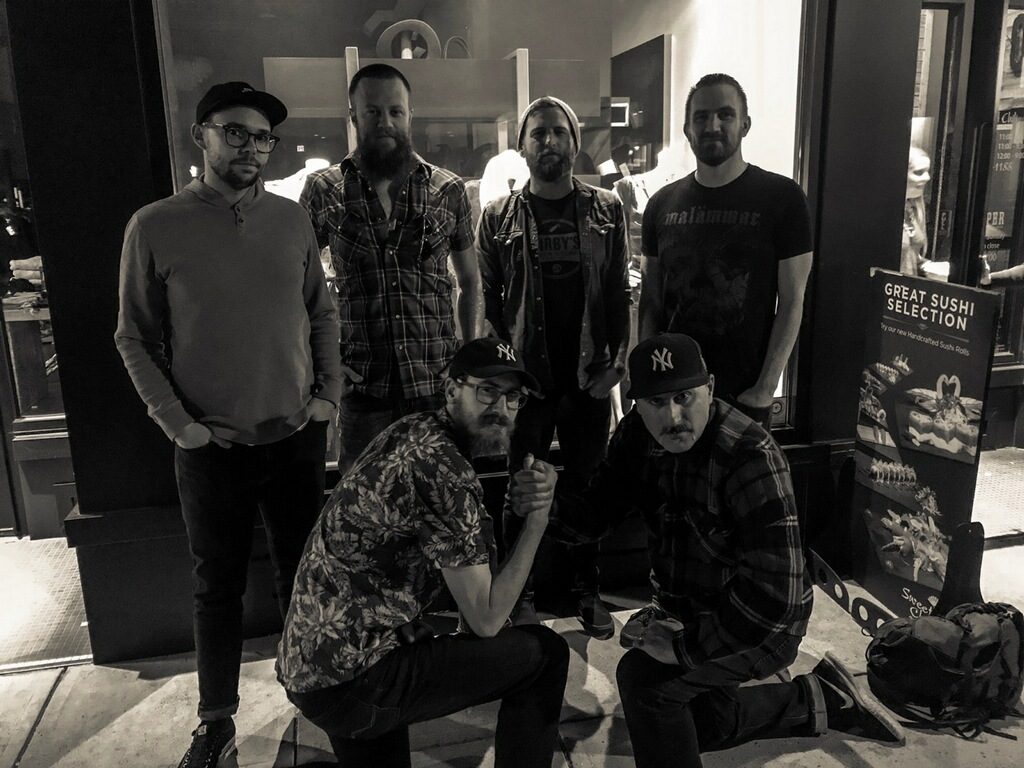
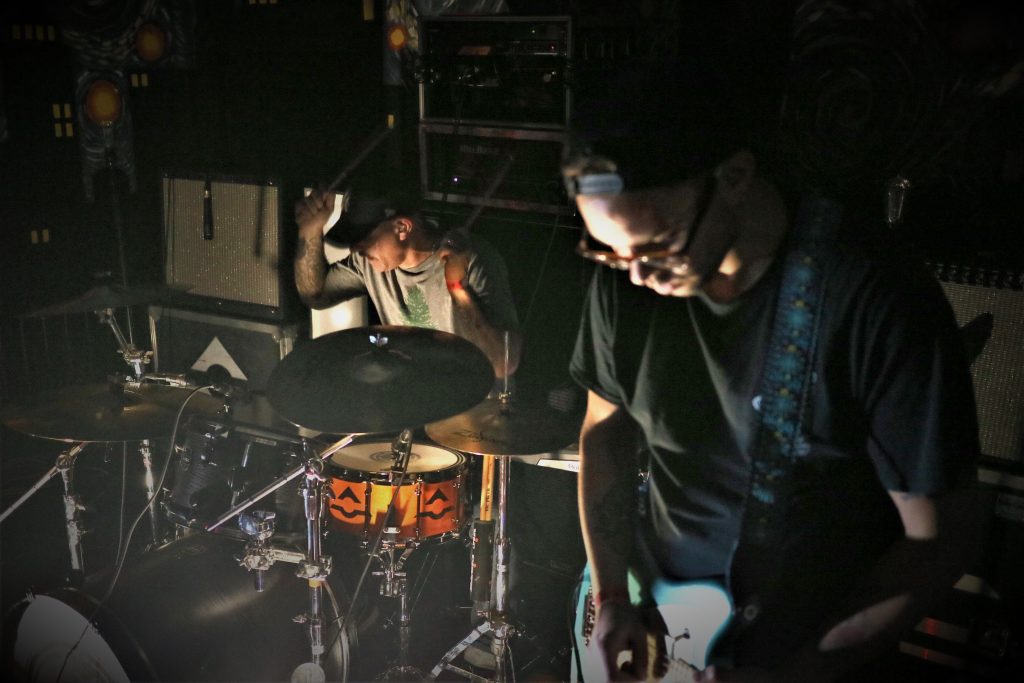
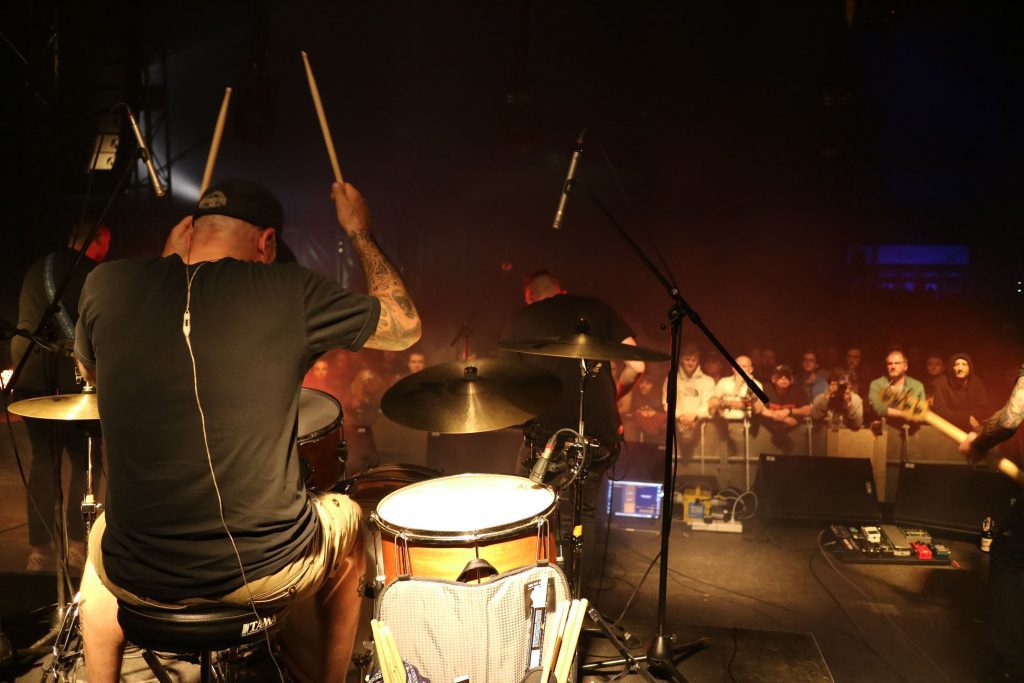
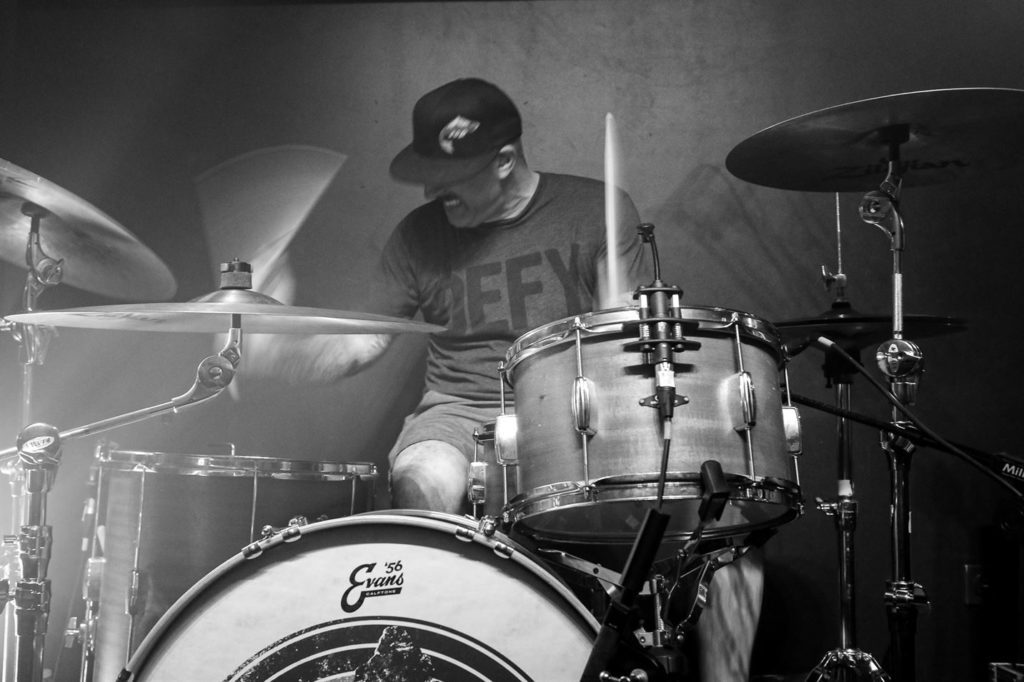
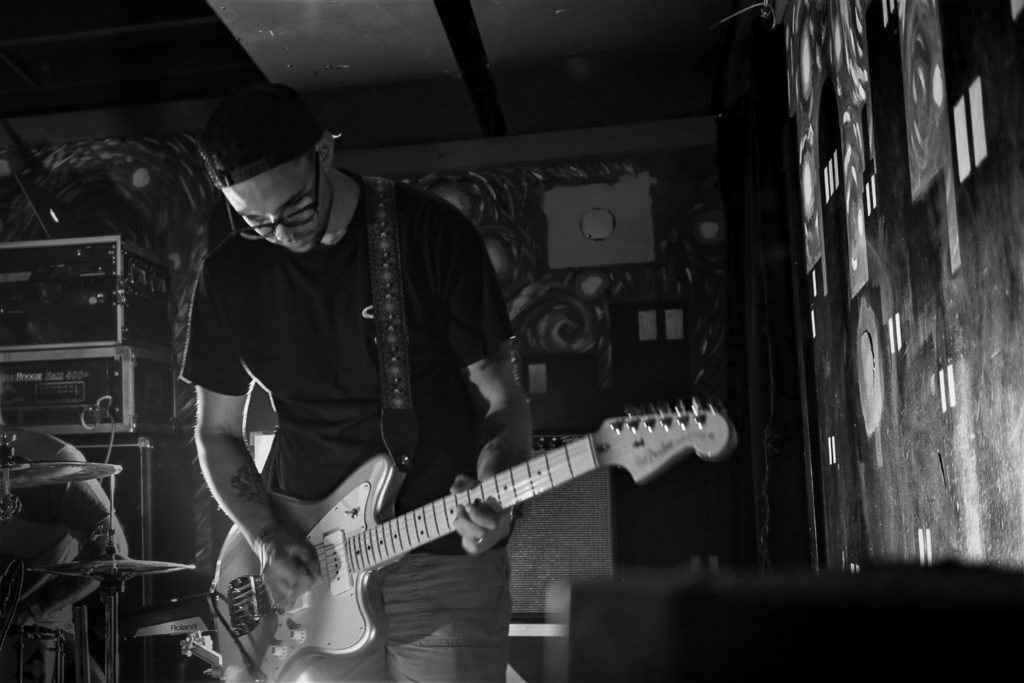
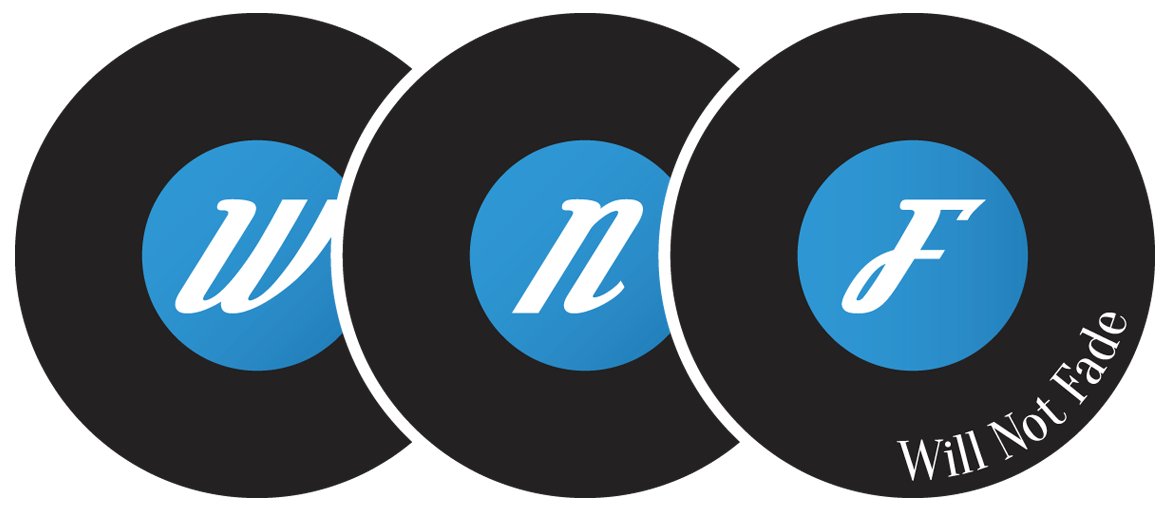
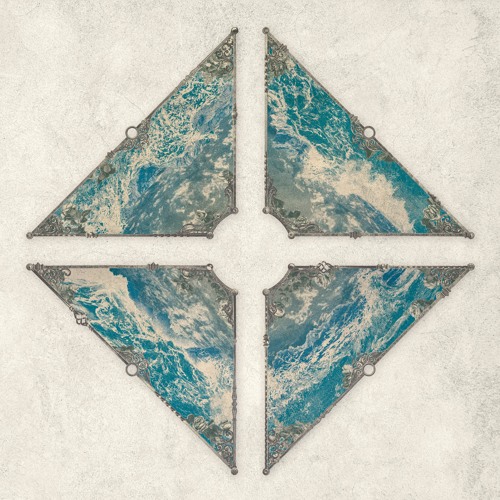
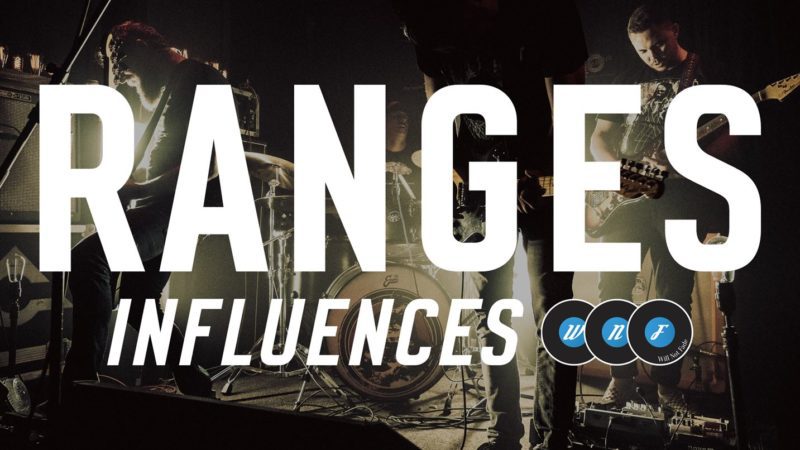

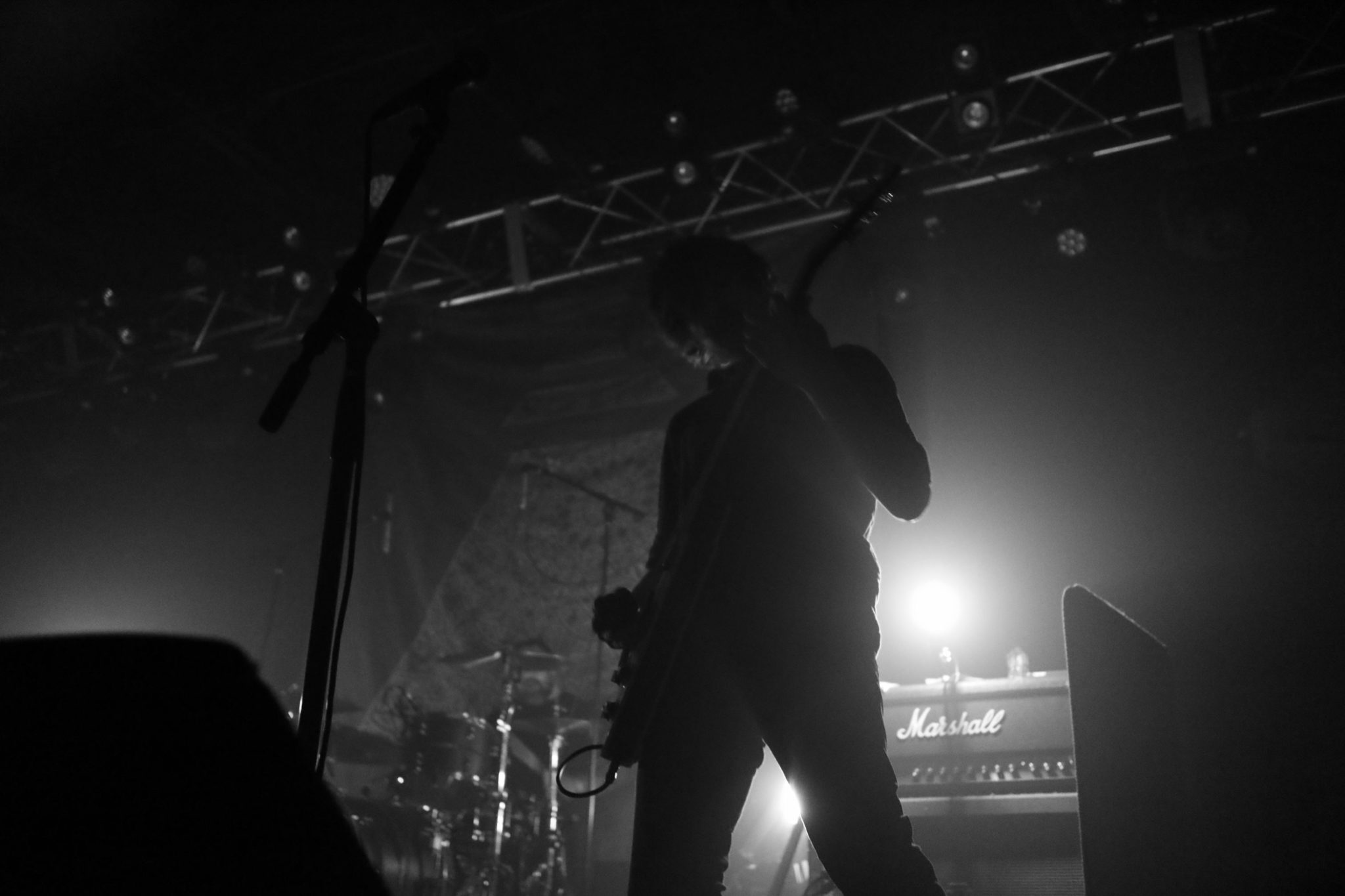
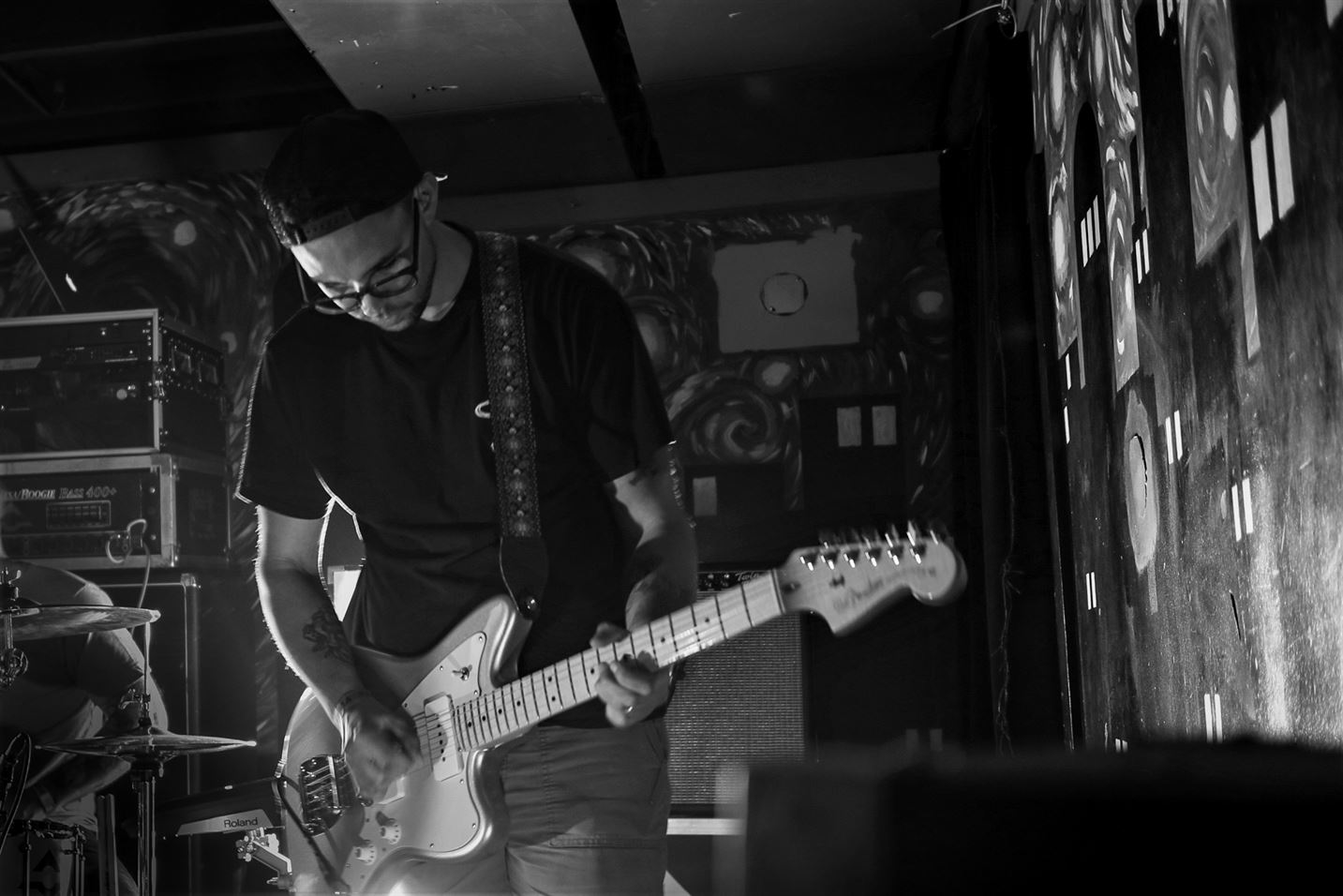

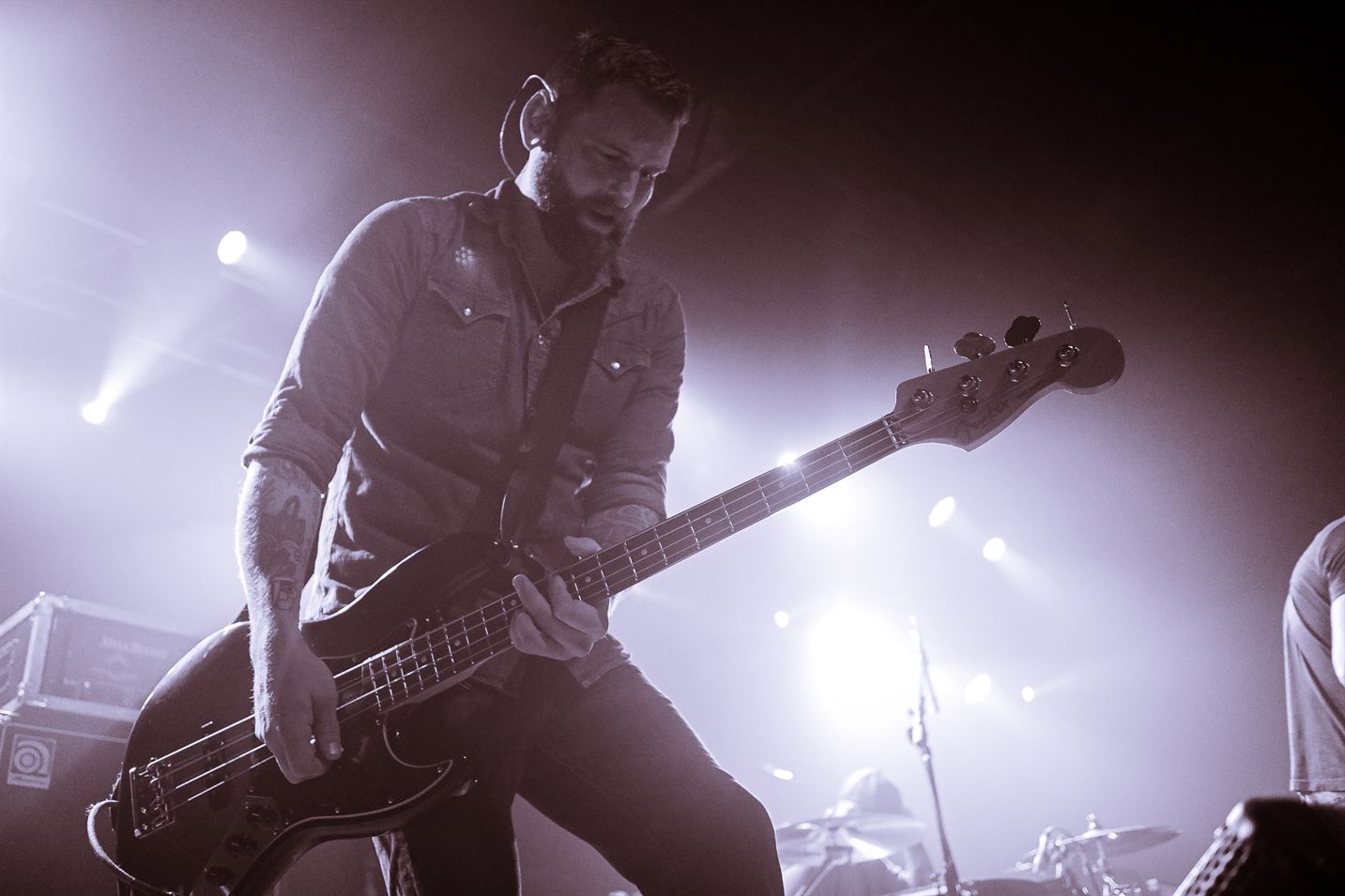
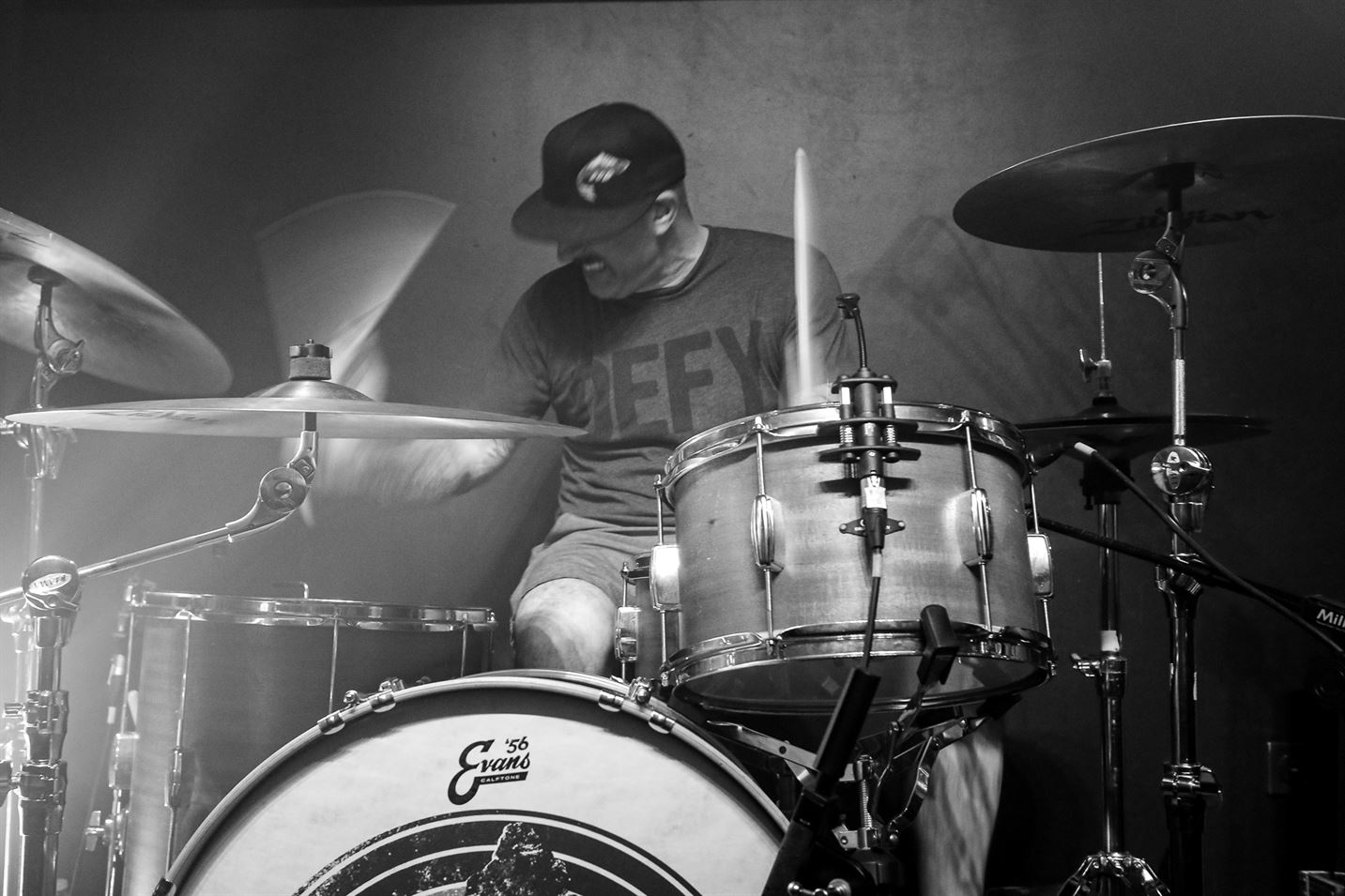
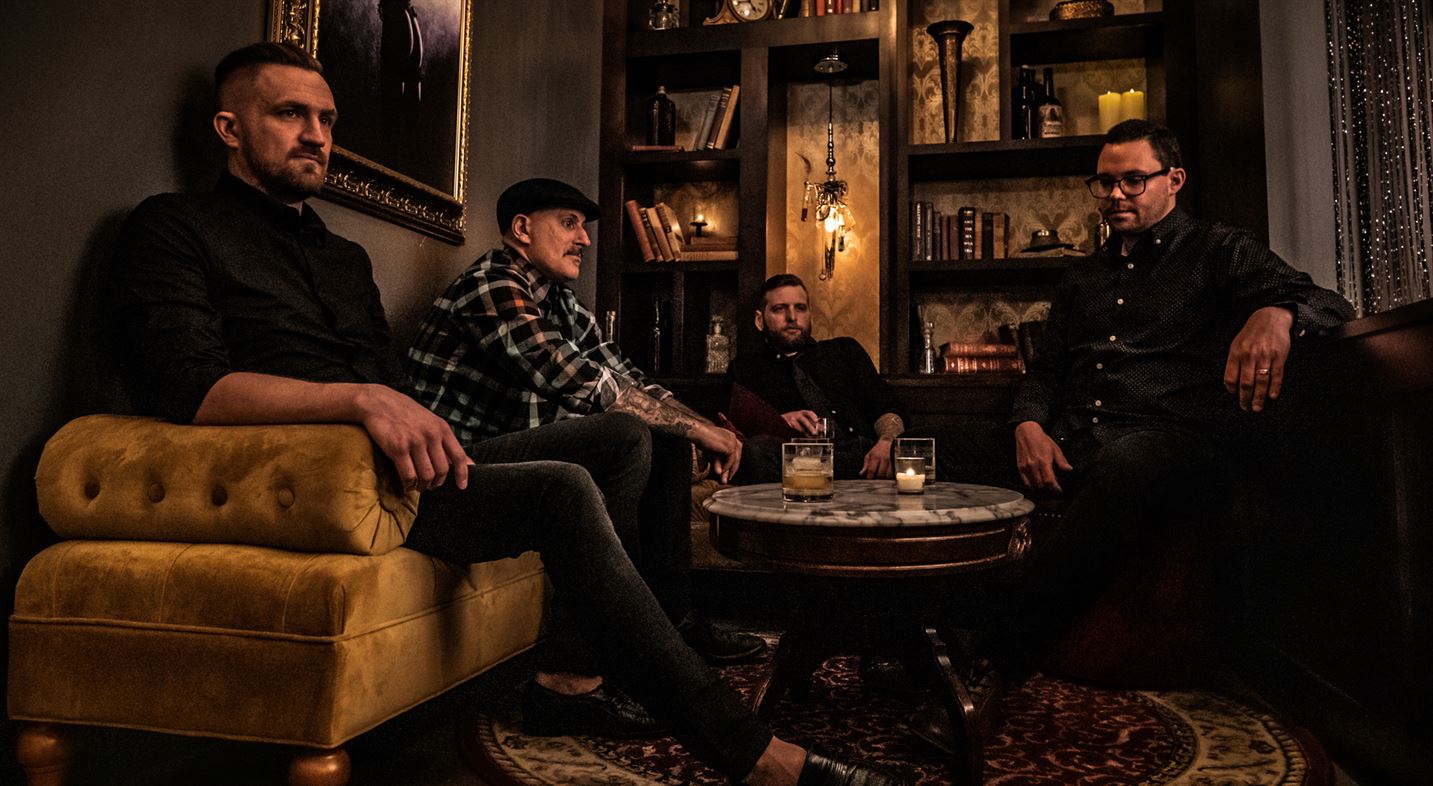
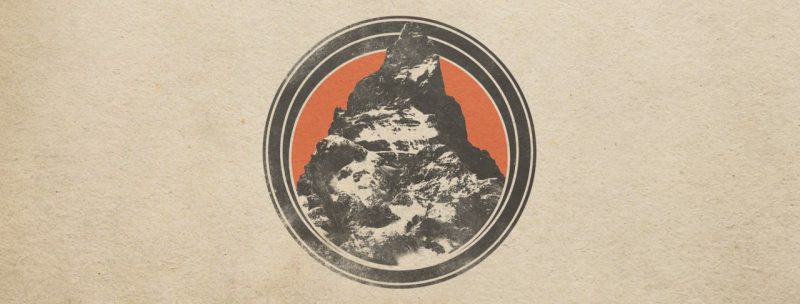

 When it comes to Ranges, the music is only a component of the overall package. Concept and delivery are also paramount.
When it comes to Ranges, the music is only a component of the overall package. Concept and delivery are also paramount.

